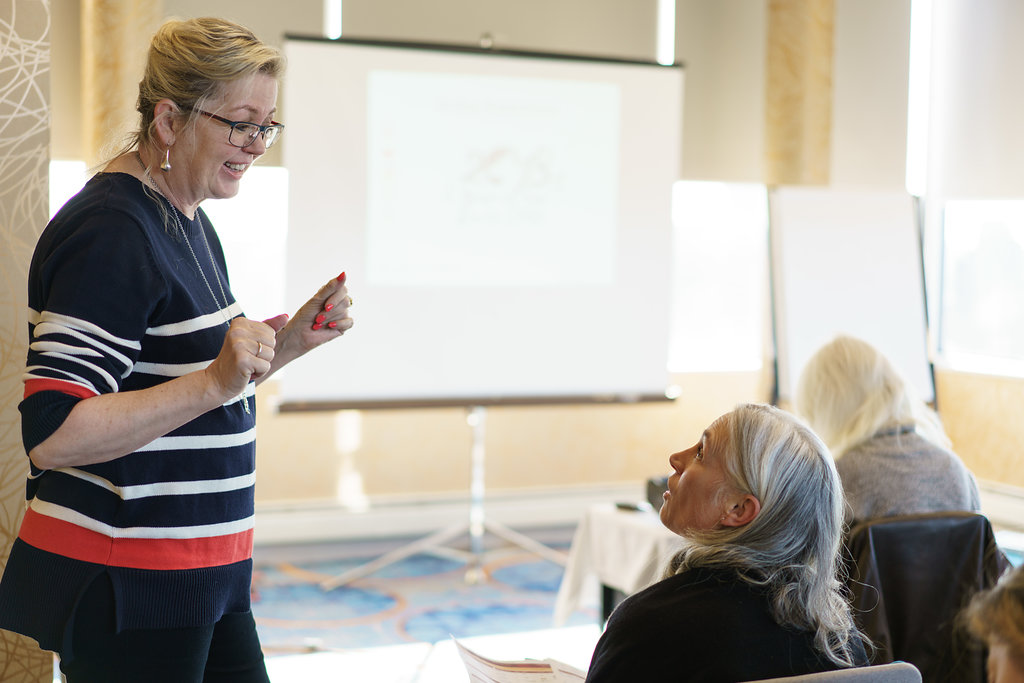The Principle of the Eight Trigrams and Bagua, Part 2
This is the 2nd part of blog post series taken from my book Do You See What I See. The blog post series describes aspects of Compass School which are needed to help you make classical Feng Shui changes. (Part 1 here)
The Principle of the Eight Trigrams and Bagua, Part 2: Interpretation and Application
Two trigrams that are of particular importance to every home are that of the Mother (SW) and Father (NW). Inside the home, the southwest represents the Mother trigram and is associated with health and relationships; the trigram of the Father is located in the northwest and is associated with power and authority. Anything that occurs in the home which involves the northwest sector is perceived to involve the father of a family.
Historically, for example, the Chinese culture did not locate a kitchen in the northwest. The kitchen is Fire and the northwest is Metal – Fire melts Metal – and thus directly having the effect of undermining the father. The trigrams, therefore, provide information on the best rooms to use for specific purposes and for specific family members.
“It is believed that the principles of the Eight Trigrams originated with the mythical FuXi, an early cultural hero and tribal leader who lived in 2700 BC or earlier. The Eight Trigrams are thought to have been divinely revealed to him. “In ancient times, when FuXi was the king of the world under heaven, he looked up to study the celestial images. He looked down to examine the terrestrial patterns. He contemplated the markings of birds and beasts and how they adapted to their environment. Near at hand, he examined his own body and at a distance, he examined other things. He then devised the Eight Trigrams comprising the Bagua. Thus he was able to communicate with the virtue of the spirits and understand how they regulate the condition of all things.” The Dazhuan (Great Commentary)
Putting It All Together
To understand Feng Shui is not just to learn and study the principles and theory, it is to take this knowledge and to do what the ancient Chinese culture did; you need to observe nature, and to reflect on its patterns and how they affect you.
Feng Shui is about developing and living with an awareness or consciousness that, as a human being, you are affected by the natural world and your environment. It is about aligning your actions and situations accordingly.
Feng Shui is both practical and intuitive: there is always a fairly immediate remedy or deliberate change that you, or anyone else, can do to create improvement and benefit your life; and yet it is also a felt sense similar to a creative ability that can be nurtured but needs to already hold a place within anyone wanting to practise Feng Shui.
In my life and my practice, I see the world through the concepts of Qi, Yin and Yang, the Five Elements and Eight Trigrams. I see that everything is interconnected.
That is why I use these concepts and theories to describe, analyze and remedy everything that I see. Yet, Feng Shui is also an evolving process: it is always changing, which means that even though your home may have been given Feng Shui principles a few years ago, since your life, and your interior and exterior environments change so should your home be updated, refreshed and given new life.
Look around you, What is it that you see? Do you see Sheng or Sha Qi? Do you prefer rooms and environments that are more Yin or Yang? Which of the Five
Elements do you most associate with? What sector (and trigram) of the house do you spend the most time in? Do you see a connection between the areas you spend time in and the areas you do not?
Here are some simple suggestions to improve your home’s Feng Shui:
Qi – can be improved simply by cleaning and getting rid of clutter. Modern physics concepts state ”No two things can occupy the same space at the same time.” Make room for new positive energy to come into your life by removing old, stale or dead energy that is currently taking up precious room.
Yin and Yang – can be balanced by making sure that you have enough lighting; a too Yin (dark) environment is a common problem and leads to lethargy and depression.
Five Elements – can be enhanced and balanced by playing with their different associations and characteristics. Enhance the energy of your space by using the different elements and their cycles to create balance.
The Eight Trigrams and BaGua – can be introduced, even on a basic scale as a beginner, by paying particular attention to the southwest sector of your home and yard if you are a woman and the northwest sector if you are a man. Use all of the above to make changes to a particular sector of your home.
![]()
So, what is Feng Shui?
It is the art of finding, accentuating and concentrating the great benefits of good and timely Sheng Qi (good feeling energy) in whatever forms that needs to take within and outside your home.
A Feng Shui sage knows the favourable spot to build a house, to position and design it to maximize House Qi, and then through Human Qi, to connect it with Heaven Qi; thus completing a most auspicious and favourable cycle.
As a student of Feng Shui, you will soon learn to take note of your surroundings and see the features of the landscape or the placement of ordinary household furniture in a whole new light.
![]()



